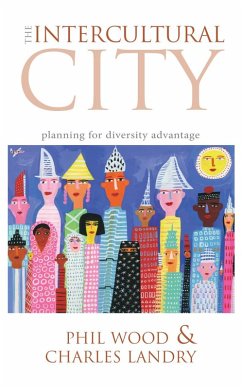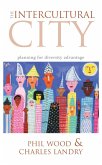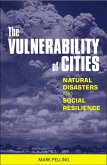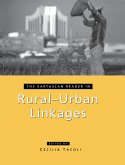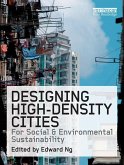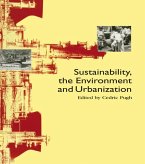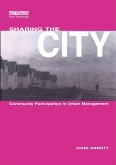The Intercultural City, based on numerous case studies worldwide, analyses the links between urban change and cultural diversity. It draws on original research in the US, Europe, Australasia and the UK. It critiques past and current policy and introduces new conceptual frameworks. It provides significant and practical advice for readers, with new insights and tools for practitioners such as theintercultural lensindicators of opennessurban cultural literacy andten steps to an Intercultural City.
Published with Comedia.
Dieser Download kann aus rechtlichen Gründen nur mit Rechnungsadresse in A, B, BG, CY, CZ, D, DK, EW, E, FIN, F, GR, HR, H, IRL, I, LT, L, LR, M, NL, PL, P, R, S, SLO, SK ausgeliefert werden.

